 The selection of an air conditioning system can contribute to improving the well-being of guests. The equipment purchased will depend on the performance and energy consumption.
The selection of an air conditioning system can contribute to improving the well-being of guests. The equipment purchased will depend on the performance and energy consumption.
by Vanesa Restrepo
The hotelier is a business that derives its sustenance from two basic postulates: comfort and good service. In the case of the first, what a guest is looking for is a place to rest that is comfortable, well located, that has the elements he needs (internet, television, telephony, amenities, etc.) and that has a pleasant atmosphere.
If the hotel is located in a beach area, air conditioning will be a decisive element: it is useless to have a well-decorated establishment with all the comforts, if the guest will not be able to sleep due to the heat.
But offering adequate comfort conditions entails a series of details that, if not considered in time, will generate extra costs to the hotel, discomfort to guests and increases in the energy bill.
Step by step
Before thinking about the type of equipment that will be installed in the hotel, air conditioner experts recommend conducting a financial analysis of the hotel to find a solution that suits the needs and budget. "You have to analyze the total cost of the equipment, the useful life of each of the solutions available in the market and, above all, verify that the electricity consumption is not very high," says Jaime Jiménez, director of the firm Trane, specialized in equipment for air conditioning.
Once the budget and the available options to choose from have been determined, special attention should be paid to the area where the hotel is installed, as weather conditions make some extra controllers or sensors necessary, among others. In the words of Jorge Gaitán, Marketing Director of the multinational Lennox, "if you are building a hotel in the Caribbean, you should always consider the relative humidity, for example."
Likewise, other variables such as the space designated for the equipment, the energy cost, architectural limitations, redundancy, and noise level requirements must be considered, according to Fernando Pujalt, representative of the Carrier firm, with a great tradition in the air conditioning industry.
Advice with equipment manufacturers, a certified installer and an engineer who is able to calculate the cooling loads according to the space and the level of occupation you will have, are also fundamental aspects.
It is not the same to condition the air for a double room, which will be occupied by a maximum of two people, than for a family room, in which up to five people can interact at the same time, or a convention hall in which between 100 and 400 occupants will be simultaneously.
Failures that cost
There is no more difficult situation to handle than the call of a guest at midnight complaining about the noise generated by the air conditioning in their room or because this equipment freezes to glacial levels.
However, these are two of the most common failures that hotels must solve after having an air conditioning system installed. According to the experts consulted by HOTEL & RESTAURANT MANAGEMENT, this type of situation is the consequence of miscalculations in the size of the room, not taking into account special variables such as the humidity of the site and the number of ventilation spaces: windows, slits, doors and walls.
"The most common mistakes are not having considered the right physical space for the installation and maintenance of the equipment," says Pujalt, from Carrier, and explains that high noise levels are also the result of bad calculations or inadequate equipment.
But the responsibility does not always correspond to the engineering area, since the management is more involved than would be expected. According to Jaime Jimenez of Trane, "the main flaw in the market is that the purchase decision is based solely on the initial cost of the equipment"; that is, instead of evaluating which is the equipment with the largest useful life, which requires less maintenance and fewer resources to operate, hotel managers usually look for the cheapest system.
These types of investments often fail in a short time, so our guests agree that it is key that air conditioning is part of the initial designs of the hotel. Thus, future wall breaks to install ducts, discomfort due to excessive noise in the operation and system failures in the middle of a sunny afternoon or a hot night are prevented.
Recommended systems
Variables such as room size, number of rooms per floor, and space constraints determine the right type of equipment for each hotel.
Our guests pointed out that the most demanded equipment by hotels are the PTAK (Package Terminal Air Conditioners) type, as well as mini-split and ice water systems, also known as chillers.
The latter are equipment that circulates water throughout the system on each floor, and in each room a team is installed that is responsible for managing the flow of air. According to Gonzalo Cuellar, sales engineer at Samsung Electronics, the advantage of this type of equipment is that it does not require large machine rooms, so the central equipment can be located on rooftops or small rooms on each floor.
The official added that the current trend also requires care in the design, from units that are not visible and that can be installed between the roof and the earthenware; or units with minimalist, aesthetic and not very striking designs.
"Lower category hotels usually use window equipment, but these have problems such as excessive noise from the compressor and visual pollution due to the gaps that must be opened to pass the ducts," explains Jaime Jiménez, from Trane.
A growing market
The professionals consulted were clear in assuring that the hotel market is one of its main clients, given the high and continuous consumption. "The hotel sector is a very dynamic sector, and in the coming years there will be a growth in the sale of energy-efficient equipment integrated with security systems, access controls, CCTV, etc.," said Jaime Jiménez.
Gonzalo Cuéllar believes that in the coming years the advances will be focused on size and design. He added that retrofitting or converting equipment that is already operating to work more efficiently is a viable solution for hotels. "The important thing is that they verify that they are not package-type equipment, because they are not energy efficient and do not operate with ecological refrigerants."
"When an air conditioning system is not working well and is costing the hotel a lot of money in maintenance then the owner should consider a retrofit to lower their maintenance costs," said the Lennox representative.
In any case, it is important that the hotel manager is clear that a good air conditioning system, in addition to offering comfort to guests, will allow you to have energy savings. In the words of Fernando Pujalt: "A good system allows to minimize the emission of gases, and contributes to energy savings. That is possible as long as you consider the air conditioning system as a whole, and not separate equipment."











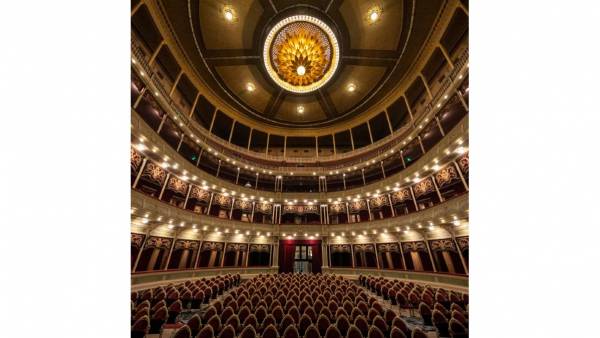
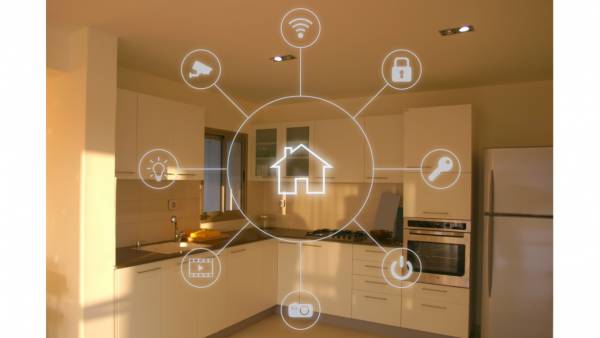

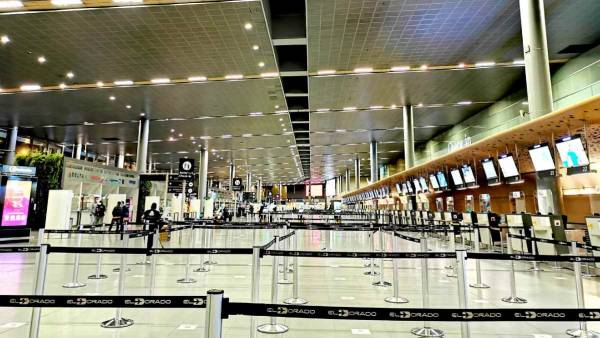
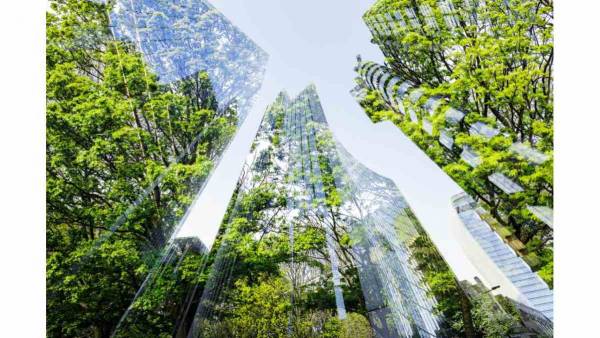








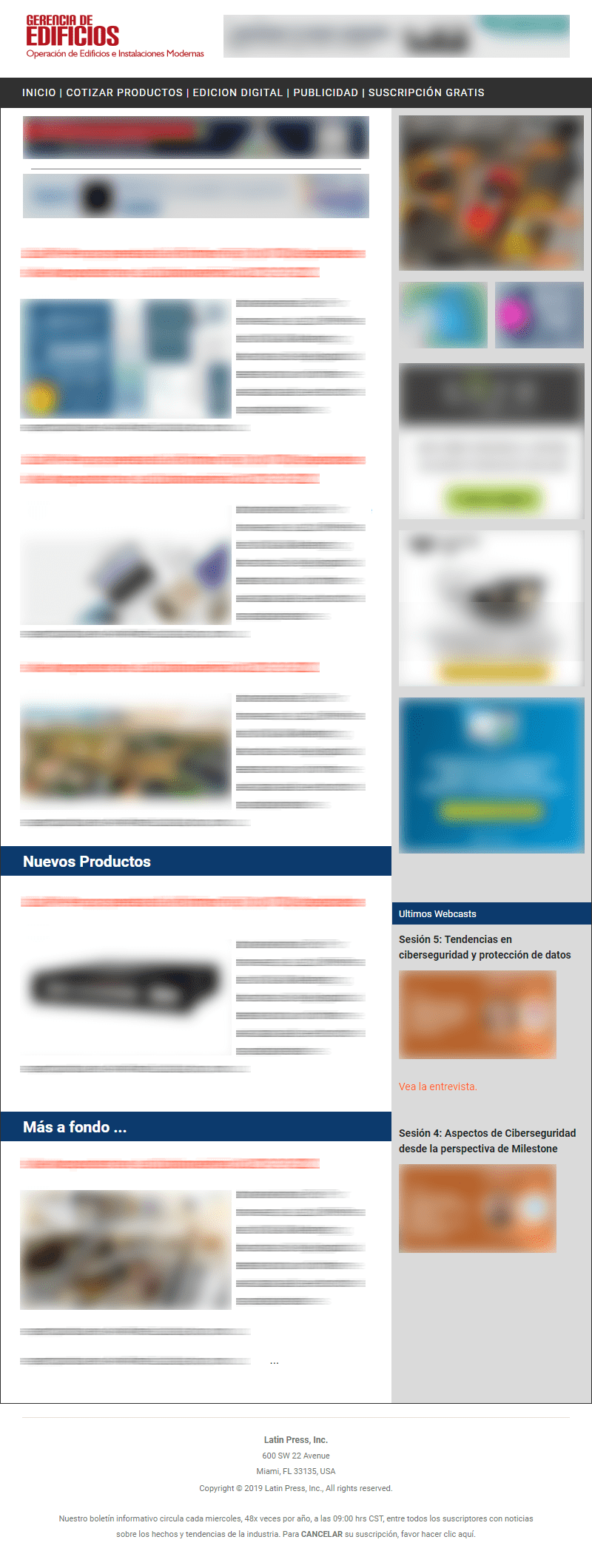
Leave your comment